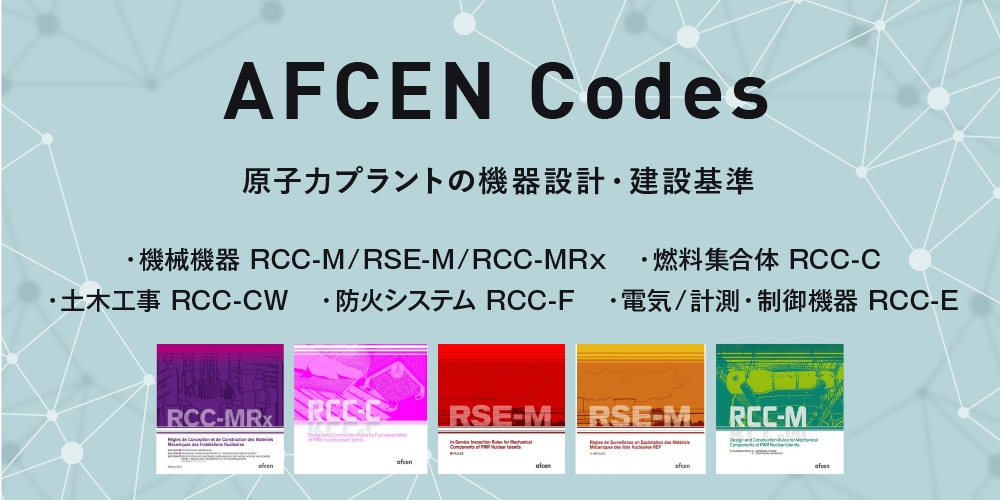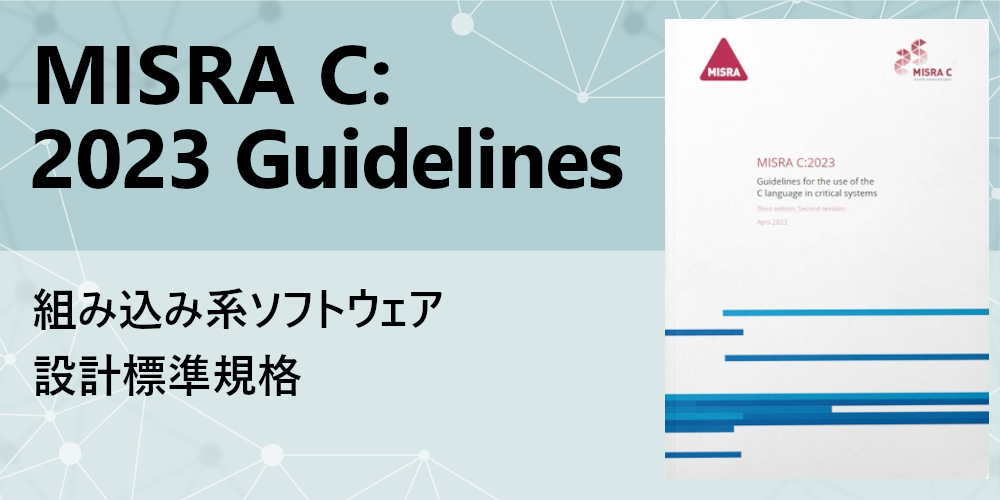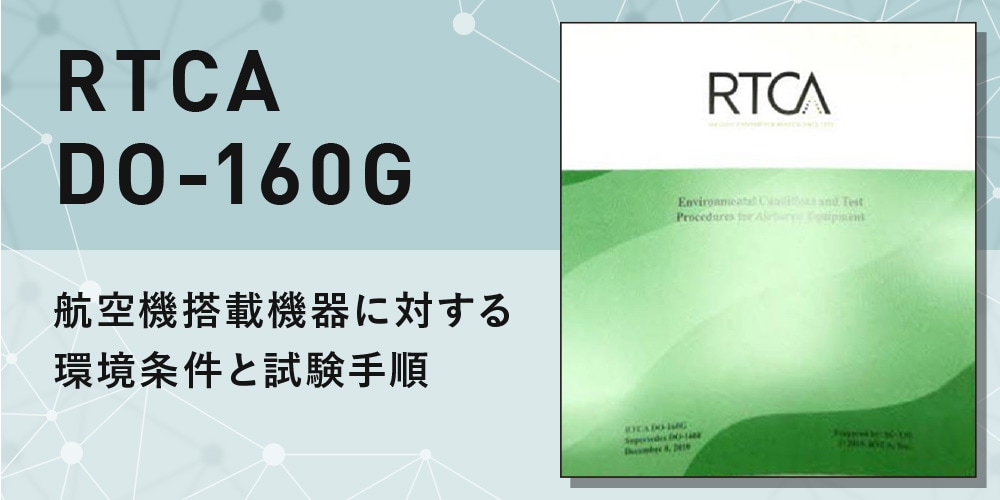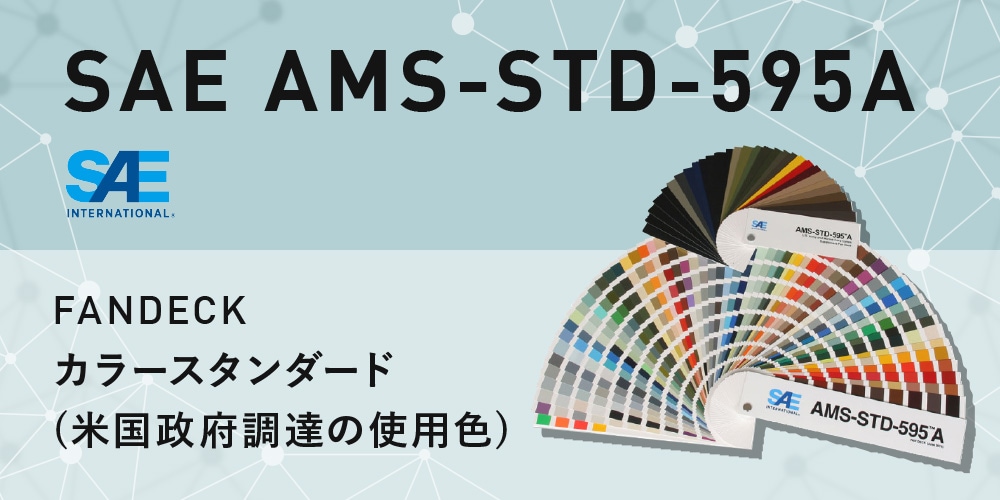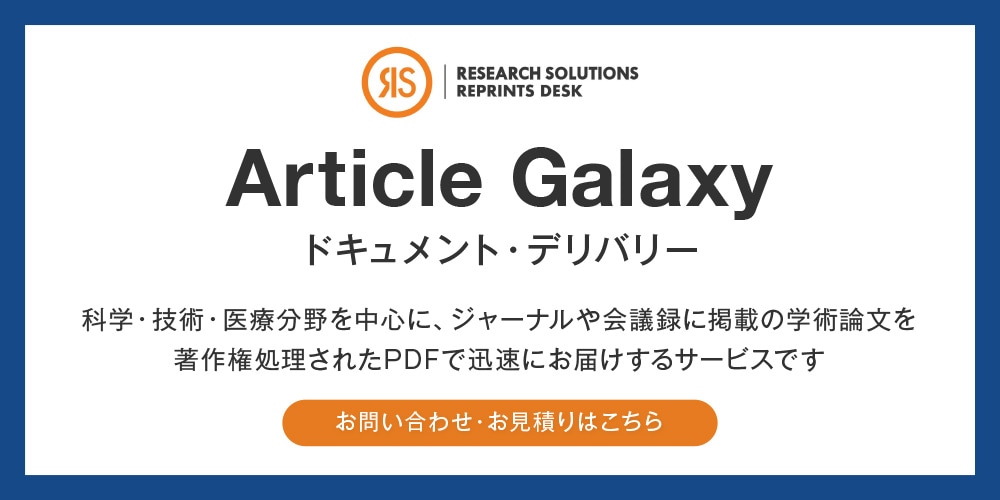MMPDS-2024, Volume II: Process Intensive Materials and Joining Technologies (Chapters 1, 9 and 10),PDF/シングルユーザー, 金属材料特性の開発と標準化: プロセス集約型材料と接合技術

※2024年版からPDFのみでのお取り扱いとなりました。
Desciption
航空宇宙機器の開発、及び製造に不可欠の金属材料データ集として知られ、2004年に廃止されたMIL-HDBK-5 (Military Handbook-5) を引継ぐハンドブックの最新版で、含まれるデータは、米運輸省連邦航空局(FAA)、米国防総省(DOD)と米航空宇宙局(NASA)によって容認されています。 航空宇宙工学関連のみならず、金属材料分野の全ての研究者、技術者に必携の参考資料としてお薦めいたします。2024年版から、2巻構成となっております。
The primary purpose of this Handbook is to provide a source of statistically based material allowables for commonly used metallic materials and joints. Additionally, other mechanical and physical properties needed for the design of aerospace structures are included. The material properties and joint data used to derive values published in this Handbook were obtained from tests conducted by material and fastener producers, government agencies, and members of the aerospace industry and metallic material suppliers. The data submitted to MMPDS are reviewed and analyzed per the methods detailed in this Handbook. Results of these analyses are submitted to the membership during General Coordination Committee (GCC) meetings and if determined to meet the set document standards they are published in this Handbook.
MMPDS is composed of two volumes. Volume I will continue to publish material allowables and related guidelines for conventional product forms and joining technologies such as plate and rivets. Volume II will document material allowables and guidelines for process intensive materials and joining technologies such as additively manufactured metals and friction stir welded joints. Much of the content is identical. The user is forewarned that there are significant differences. The data generation requirements for creating an entry are significantly different. Government regulators generally accept A/B-Basis material allowables in Volume I without further showing. But the C/D-Basis material allowables published in Volume II will require additional effort by the user as part of the certification process. Users should work closely with their customer or directly with regulators.
This Handbook also contains some useful basic formulas for structural element analysis. These formulas are provided in Chapter 1 to illustrate how the material data contained in the Handbook may be used. However, this is a book about metallic material properties. Structural design and analysis are beyond the scope of this Handbook. While an attempt is made to assure the accuracy of the formulas and analytical methods contained in Chapter 1, there is no attempt in this Handbook to provide currently accepted design or analytical methods.
References for data and various test methods are listed at the end of each chapter. The reference number corresponds to the applicable paragraph of the chapter cited. Such references are intended to provide sources of additional information, but should not necessarily be considered as containing data suitable for design purposes.
Applicable testing standards are identified by number only in the text. Full titles for these standards are listed in Appendix D.
NOTE: This document contains information on the mechanical and physical properties of process intensive metallic materials used in aircraft and aerospace vehicle structures. As with MMPDS Volume I, all information contained in this Handbook has been reviewed and approved using a standardized process. The development and ongoing maintenance process involves certifying agencies, including the FAA, DoD, and NASA, and major material suppliers and material users worldwide. The information and procedures in this Handbook are continuously reviewed, and modified or removed as determined to be appropriate. With advances in materials, and with the review process of existing information, periodic updates of MMPDS Volume II should be expected. As such, it is recommended that the latest version of MMPDS Volume II be used.



